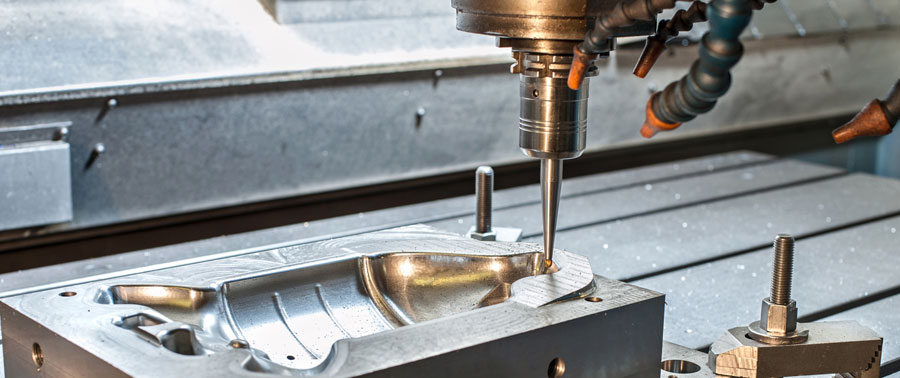The manufacturing industry is constantly evolving, driven by advancements in technology and the need for increased precision and efficiency. One area that has seen significant improvements is aluminum machining. Aluminum, being a lightweight and versatile material, has gained popularity in various industries, including aerospace, automotive, and electronics. This article explores the importance of aluminum machining in streamlining precision and efficiency in manufacturing processes.
Advantages of Aluminum Machining:
Aluminum offers several advantages over other materials, making it an attractive choice for manufacturing processes. Firstly, aluminum is lightweight, which makes it ideal for industries such as aerospace where weight reduction is crucial. Additionally, aluminum possesses excellent corrosion resistance, making it suitable for applications that are exposed to harsh environments. Furthermore, aluminum has good thermal conductivity, electrical conductivity, and high strength-to-weight ratio, making it versatile in various manufacturing processes.
CNC Machining for Aluminum:
Computer Numerical Control (CNC) machining has revolutionized the manufacturing industry by offering precise and efficient machining processes. When it comes to aluminum, CNC machining plays a vital role in achieving high accuracy and consistency. CNC machines utilize computer-controlled tools to shape and cut aluminum based on digital designs. This automation eliminates human error and ensures that each component is machined to the exact specifications, resulting in improved precision and efficiency.
Customization and Complex Designs:
Aluminum machining allows for highly customized and complex designs to be realized with ease. CNC machines can create intricate patterns, holes, and shapes, enabling manufacturers to meet specific requirements. This level of customization is particularly beneficial for industries such as automotive and electronics, where unique designs and components are often necessary. With aluminum machining, manufacturers can achieve intricate designs while maintaining high precision and efficiency.
Rapid Prototyping:
Aluminum machining enables rapid prototyping, which plays a crucial role in product development. Prototyping helps manufacturers identify design flaws, test functionality, and make necessary modifications before mass production. Aluminum\’s machinability combined with CNC technology allows for quick turnaround times in prototyping. This not only speeds up the overall manufacturing process but also reduces the cost associated with product development.
Cost-effective Manufacturing:
Aluminum machining offers cost-effective manufacturing solutions. The material itself is relatively inexpensive compared to other metals, making it an economical choice for various industries. Additionally, CNC machining reduces labor costs by automating processes, eliminating the need for extensive manual labor. By streamlining precision and efficiency, aluminum machining helps manufacturers save time and resources, resulting in cost-effective production.
Environmental Sustainability:
Another significant advantage of aluminum machining is its environmental sustainability. Aluminum is a highly recyclable material, and the machining process produces minimal waste. Manufacturers can recycle aluminum chips and scraps, reducing the overall environmental impact. Moreover, the lightweight nature of aluminum contributes to energy savings during transportation and lowers carbon emissions. By choosing aluminum machining, manufacturers can support sustainable manufacturing practices.
Conclusion:
Aluminum machining has become an integral part of the manufacturing industry, offering precision and efficiency in various processes. It provides numerous advantages, including lightweight properties, customization options, rapid prototyping capabilities, cost-effectiveness, and environmental sustainability. As technology continues to advance, aluminum machining will play a crucial role in meeting the ever-increasing demands of precision and efficiency in manufacturing processes.
-

- High precision magnesium alloy die casting parts for automotive ignition lock
-

- Magnesium alloy thixomolding die-casting UAV parts
-

- 2022 Wholesale Hot Sale Bicycle Parts Magnesium Alloy Children Bike No Pedal Balance Bicycle Kids Multiple Colors Available
-

- Electric Bicycle Magnesium Alloy 12 inch Integrated Wheel 36v10ah Electric Moped
-

- Magnesium alloy Thixomolding power batter housing
-

- Magnesium alloy die-casting rigid fork for bike

 0086-750-5616188
0086-750-5616188 +86 13392089688
+86 13392089688 sales@zhongmei-tech.com
sales@zhongmei-tech.com

.jpg)






